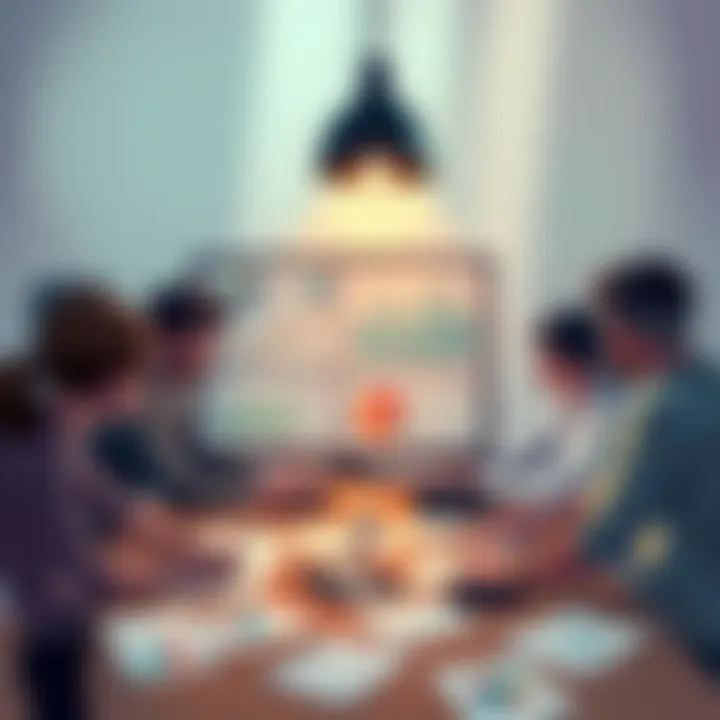Creative Project Pushes Boundaries | Users Encourage Originality
Edited By
Antoine Dubois

A recent project caught the attention of the community, sparking mixed reactions about AI's role in art. With a growing interest in originality, people shared insights on the significance of authentic creative expression in a tech-driven era.
Importance of Originality in Art
While the project itself lacked substantive detail, comments reflected a clear sentiment toward creative authenticity. One commenter strongly encouraged the creator to "not settle for AI" when pursuing a unique vision. This highlights a divide; many recognize the utility of AI but advocate for the human touch in artistic endeavors.
"I have a unique idea that I’m just itching to get out to the masses…" - Community Voice
Another commenter simply stated, "Cool! Just screenshotted and saved it for myself!" showcasing some enthusiasm despite the broader criticisms.
Mixed Reactions from the Community
Three key themes emerged from the commentary:
Critique of AI in Creativity: Many voiced concerns, emphasizing that art needs to be imbued with "soul and originality."
Support for Unique Ideas: The positive feedback indicates an appetite for fresh concepts that stand apart from AI-generated content.
Balance of Usage: While some acknowledge benefits from AI in creative processes, they stress the importance of personal input and learning.
Sentiment Notes
The comments reflect a blend of positive and critical feedback. Notably, the discussion emphasizes a yearning for creativity that resonates on a human level.
Insights and Highlights
⚡ "Your idea looks amazing, rather interesting…" - Highlighting supportive feedback.
🌟 People advocate for individuality in an age of artificial inspiration.
🛑 A pushback against solely AI-generated content is evident.
As the conversation evolves, the challenge remains: How do creators find the right balance between technology and originality in a saturated market? This project may serve as a bellwether for future discussions on the role of creativity in an AI-embracing world.
Shifting Sands of Creativity
There’s a strong chance that the conversation around AI in art will intensify in the coming months. With a growing number of creators expressing their desire for originality, experts estimate around 60% of new projects in the art space will prioritize a personalized touch over AI guidance. As demand for authentic expression climbs, platforms may see an uptick in features that showcase human-made works, thus reshaping the landscape of creative platforms. The rise in community voices advocating for originality may prompt organizations to reexamine their support for artists, potentially leading to initiatives that favor human input distinctly.
Rediscovering Lost Trades
Consider the craftspeople of the artisan glass-blowing community. During the rise of mass production in the mid-20th century, many feared traditional techniques would fade into obscurity. Yet, a renewed appreciation for handcrafted items emerged, paralleling today's discussions on the importance of human creativity amidst AI influences. Just as artisans found their unique niches by embracing individuality, today's creators are likely to carve out spaces that reflect personal narrative rather than algorithm-driven outputs, leading to a resurgence of appreciation for genuine artistry.
